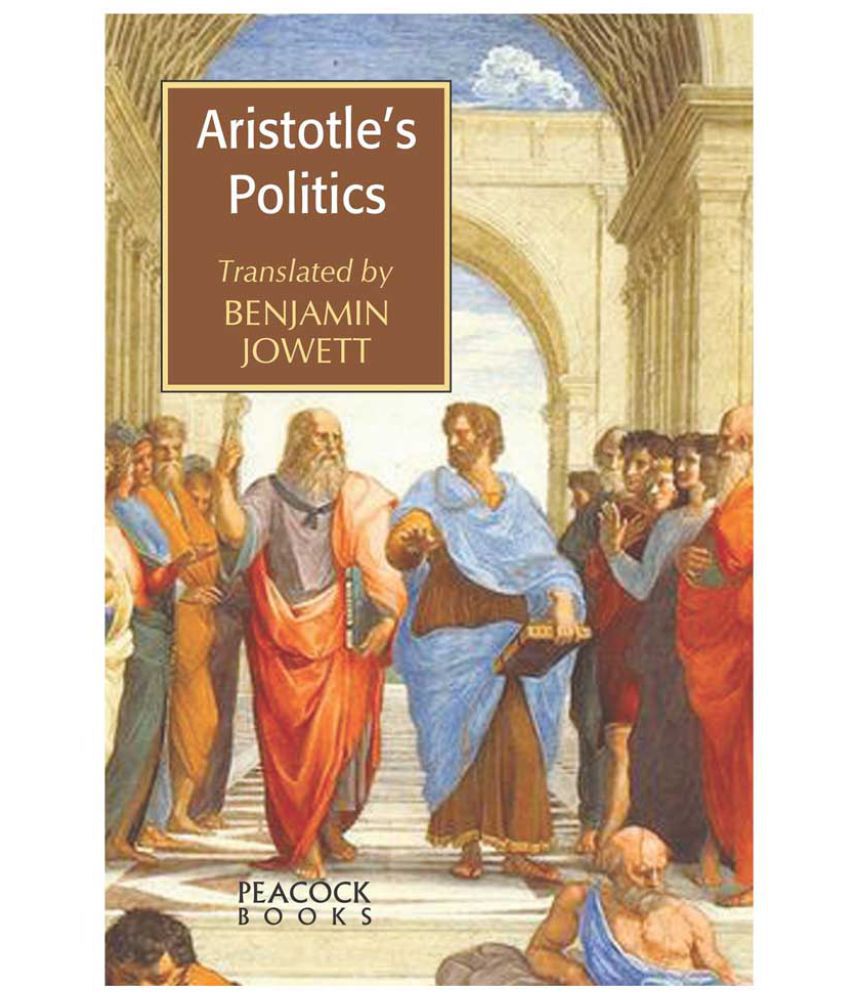

"problem:"/"solution:", "old:"/"new:" and "thesis:" is an addition from the Dictionary of Arguments.

((s)…): Comment by the sender of the contribution. Indicate the source, arabic numerals indicate SAGE Publications_ Explanation of symbols: Roman numerals Waldron, Jeremy (1995) 'The wisdom of the multitude: some reflections on Book 3, Chapter Il of Aristotle's Politics'. Miller, eds, A Companion to Aristotle's Politics. Keyt, David (1991a) 'Aristotle's theory of distributive justice'. > Family/Aristotle, > Equal rights/Aristotle.ġ. > Governance/Aristotle, > Constitution/Aristotle, > Tyranny/Aristotle, > Nomos/Aristotle, > Politics/Aristotle Cf. I l), he even offers an 'aristocratic' justification (for which see Keyt, 1991a (1): 270-2 Waldron, 1995 (2)). > Constitution/Aristotle, > Coercion/Aristotle.ĭemocracy/Aristotle/Keyt/Miller: Aristotle is more favourable to democracy than Plato, and in his famous 'summation' argument, which applies his favoured standard for distributing political power to men taken collectively as well as individually (Pol. Since (.) favours a mixed constitution that combines oligarchic with democratic elements, commits them to the common good and allows the People's Assembly to make the important decisions, Aristotle can be considered largely democratic in the modern sense of the word. Rule of law: Here Aristotle pleads for a core element of the modern understanding of democracy, for a constitutional state. Laws: (.) the law must rule the whole, but those who govern must rule the individual cases". (2)Ĭonstitution: "where there is no law, there is no constitution (politeia). Radical democracy: Because they do not aim at the common good but at their own good, radical democracy, as Mill will repeat, appears as a tyranny of the majority. However, according to the negative side, they are allowed to exempt themselves from all legal requirements, even to commit blatant violations of the law. In the fourth, extreme form, all citizens are capable of ruling, which we consider positive today. The first three forms are still bound by the law. In this way he tacitly introduces a comparative concept, a concept of more-or-less democracy (1). Scope of their authority to rule, Aristotle distinguishes five forms of democracy. Aristotle on Democracy - Dictionary of Arguments Höffe I 67ĭemocracy/Aristoteles/Höffe: Depending on the circle of citizens admitted to rule and the


 0 kommentar(er)
0 kommentar(er)
